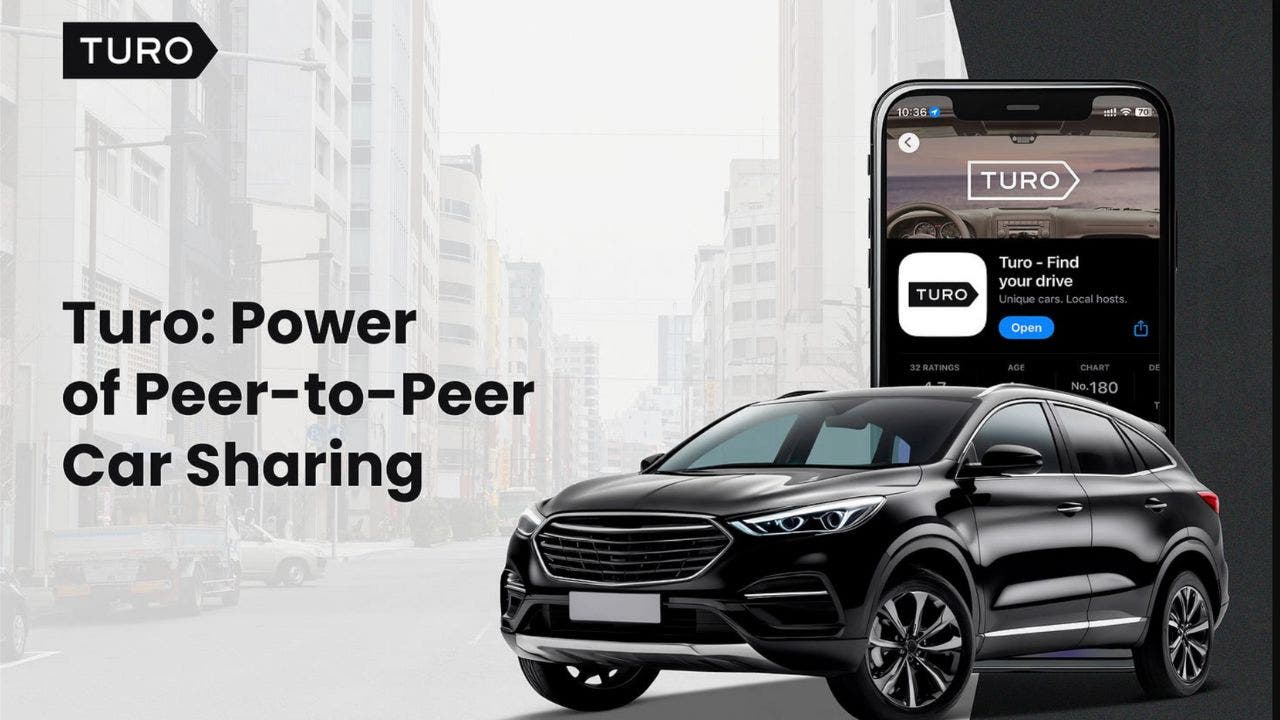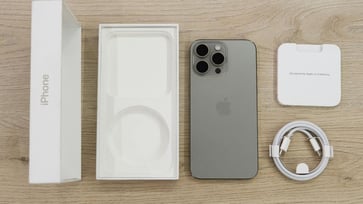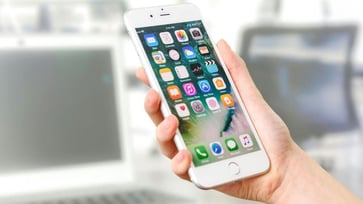In both the Las Vegas Cybertruck incident and the New Orleans deadly incident, Turo rentals were involved.
Peer-to-peer car rentals have been linked to high-profile tragedies.

On New Year's Day 2025, two devastating incidents occurred, prompting concerns about the safety of car-sharing platforms and possible ties to terrorism. In Las Vegas, a Tesla Cybertruck erupted outside the Trump International Hotel, resulting in the death of the driver and the injury of seven individuals.
In New Orleans, a Ford F-150 pickup truck crashed into a crowd on Bourbon Street, killing at least 15 people and injuring many others.
Through Turo, a peer-to-peer car-sharing platform, both vehicles were rented, leading to intense scrutiny of the company's operations and security measures.

The Las Vegas incident
On January 1, 2025, at around 8:40 a.m. PT, a Tesla Cybertruck arrived at the valet area of the Trump International Hotel in Las Vegas. Within 15 to 20 seconds, the vehicle exploded, resulting in the death of the driver and the injury of seven bystanders. Upon investigation, it was discovered that the Cybertruck contained firework mortars and camp fuel canisters.
The FBI is probing the explosion as a possible terrorist act, while Elon Musk on social media stated that it was caused by a bomb or fireworks in the Cybertruck's bed and not related to the vehicle itself.
The New Orleans attack
On New Year's Day, a Ford F-150 pickup truck driven by 42-year-old Shamsud-Din Jabbar, an Army veteran from Texas, rammed through police barricades on Bourbon Street in New Orleans' French Quarter and mowed down pedestrians over a three-block stretch while firing into the crowd.
At least 15 people died and many were injured in the attack. Jabbar was killed in a shootout with police. The FBI is treating this incident as an act of terrorism, as an Islamic State flag was found on the vehicle and improvised explosive devices were discovered inside.
The Turo connection to both incidents
The use of rented vehicles through Turo in these incidents has raised concerns about the company's security protocols and screening procedures.
What is Turo?
Turo is a car-sharing platform that connects vehicle owners with renters, often referred to as the "Airbnb for cars." It allows individuals to list their personal vehicles for rent, offering an alternative to traditional car rental companies.
Since its inception in 2010 as RelayRides and subsequent rebranding to Turo in 2015, the company has expanded into a global vehicle-sharing marketplace with over 14 million users worldwide. Turo is accessible in over 16,000 cities across the U.S., U.K., Canada, Australia, and France.

How does Turo work?
The Turo process is straightforward:
- Turo platform includes details like make, model, price and availability of vehicles listed by car owners.
- Renters can easily find and reserve cars in their preferred location and time frame using Turo's website or app.
- Through the platform, both car owners and renters must confirm their identities.
- Renters can arrange for a contactless check-in or meet the car owner to pick up the vehicle.
- At the conclusion of the lease, the tenant hands over the vehicle to the landlord.
Turo handles payments and insurance options and provides customer support throughout the process.

Turo's security measures and response
Due to recent events, Turo's security procedures have faced rigorous examination. The company's current screening method involves:
- Identity verification
- Background checks (though the specific extent of these checks is not clear)
To use Turo, users must provide a valid driver's license, and in certain cases, additional identity verification information like photographs or copies of driver's licenses, passports, or other forms of identification may be required.
Turo stated that they were "devastated" by recent events and their trust and safety team is actively cooperating with law enforcement. However, in a statement to CyberGuy, Turo clarified that they do not believe that either renter had a criminal background that would have identified them as a security threat, and they are not currently aware of any information that indicates the two incidents are related.

Regulatory landscape for peer-to-peer car-sharing platforms
The car-sharing industry, represented by platforms like Turo, is subject to changing regulations, with 13 states having enacted laws specific to this sector, different from those applied to traditional car rental companies.
In 2022, New York Gov. Kathy Hochul signed SB 6715 into law, which established a comprehensive regulatory framework for peer-to-peer car-sharing operations in the state. This legislation aimed to expand transportation options and create economic opportunities for New Yorkers while addressing safety and insurance concerns. Turo has been proactive in advocating for additional regulations in various states to establish clearer operational guidelines.
Kurt’s key takeaways
The tragic events have brought to light potential weaknesses in the peer-to-peer car-sharing model. As investigations into these incidents progress, it is likely that Turo's operations and security measures will be closely scrutinized. The car-sharing industry may face calls for stricter regulations and more rigorous screening processes. Turo and similar platforms may need to reassess and improve their security protocols to prevent such incidents from happening again.
How do you feel about the safety and regulatory measures of peer-to-peer car-sharing platforms such as Turo, and should there be stricter screening processes for renters and vehicles to prevent any potential misuse or criminal activities? Please share your thoughts with us at Cyberguy.com/Contact.
To receive my tech tips and security alerts, sign up for my free CyberGuy Report Newsletter at Cyberguy.com/Newsletter.
Let us know what stories you'd like us to cover.
Follow Kurt on his social channels:
Answers to the most asked CyberGuy questions:
New from Kurt:
Copyright 2025 CyberGuy.com. All rights reserved.
tech

15 things to do or try first when you get a new iPhone: 1. Set up your phone with your personal information and preferences. 2. Install your favorite apps and games. 3. Connect your phone to your Wi-Fi network and other devices. 4. Take a few photos and test out the camera. 5. Set up your email and other accounts. 6. Enable security features like Touch ID or Face ID. 7. Customize your phone's settings and appearance. 8. Explore the built-in features and apps on your phone. 9. Connect with friends and family on social media. 10. Set up reminders and alarms. 11. Use the phone's built-in voice assistant. 12. Download and install new apps from the App Store. 13. Set up your phone's screen time and parental controls. 14. Enable automatic updates for your apps and software. 15. Back up your important data to cloud storage or an external hard drive.
techYou might also like
- Five top home inventory apps to safeguard your property during an emergency
- Your smart home gadgets will soon receive a new security seal of approval.
- This year, save time, privacy, and money with these 10 tech upgrades.
- Is your Windows 11 PC frequently restarting? Let's resolve this annoying issue.
- Sony's entry into the electric vehicle market is a surprising move.


















